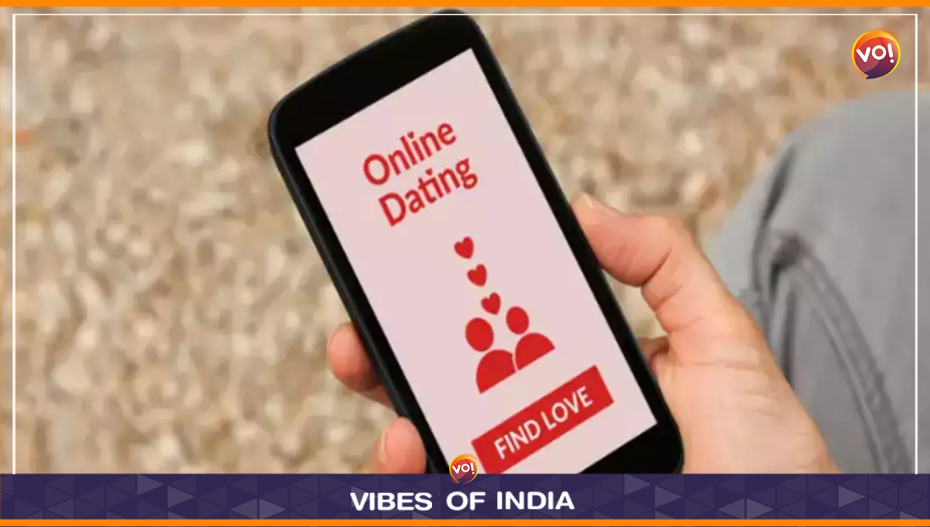A woman adoringly places her palm over the cheeks of a young man. In some other slides, foreheads meet, eyes communicate, and laughter lights up faces. Visuals that qualify for the cover of a Mills & Boon novel. You can’t but fix your gaze on these images when you install Muzz, a dating app.
In general, dating apps are seen as vehicles to mitigate loneliness, boredom and find people with common interests. Swipe for love, as they’re called. You would have won a jackpot if you found your life partner in it.
Dating apps surged during the pandemic – and it was during this period that Muzz tried to establish itself in this market. But Muzz didn’t aspire to be any other dating app in the market. It’s a marriage-focused dating app for Muslim youth, founded by a London-based former investment banker, Shahzad Younas.
According to restofworld.org, Muzz has over 8 million members from more than 190 countries. That said, the website reports, Muzz hasn’t had an overwhelming presence in India, home to the third-largest Muslim population.
Citing numbers from app analytics platform Data.ai, the report highlights that in 2019 and 2020, Muzz saw higher year-on-year growth in app download rates in India compared to its global performance. In 2019, it claims, Muzz’s Google Play and App Store downloads increased by 139% year-on-year in India and by nearly 190% in 2020. But the apps’ growth stagnated in the last two years, the report claimed.
Muzz’s chief marketing officer, Sim Ahmed, while declining to react on the Data.ai numbers, told the portal, “Muzz’s record-highest year for growth was 2021, with a modest decline in new members in 2022. Looking at the 2023 trends in India, Muzz should have another record year if we extrapolate that out.”
Younas outlined Muzz’s unique selling proposition: “We don’t date. We get people married.”
However, a lack of encryption features and poor user experience contributed to the app’s declining popularity, the report added. A content manager, who used Muzz sporadically between 2017 and 2019 but didn’t want to be named, told the website that she received inappropriate pictures within days of creating her profile.
A professor in Delhi narrated a harrowing experience to the media outlet. She met a man through Muzz and agreed to marry him. It emerged that he was an impersonator in London, pretending to be a Muslim. She was duped of nearly $800. She’s worried that her profile information might be misused. The general feeling is that it’s not yet a foolproof app.
Younas told the portal that Muzz has selfie and ID verification features that grant profiles verified badges. However, experts have countered it claiming that the features offer no guarantees against image scraping.
The report mentions that Muzz censors objectionable language while chatting though it’s a paid feature. The organisation, it reports, doesn’t have complete message encryption. “Our ability to investigate a conversation, if someone’s inappropriate on the platform, serves way more to protect our members than if it was completely encrypted,” the website quoted Younas, who said his team has blocked over 400,000 accounts.
Kushal Das, director at the American nonprofit Python Software Foundation and a Tor Project core team member, has opposed this policy vociferously. He wonders how Muzz could handle a scenario of a data breach. “When a company says they’re not going to encrypt anything so we can monitor it, that’s a super-large red flag. “Can the company say that any of their employees who have access to that data is not a stalker or will not misuse it?” he was quoted as saying.
Callisto Adams, a relationship expert and author of Texting Beyond Basics: Electrified, told the website, “It might have the opposite effect when knowing that your conversations are continuously being monitored.”
Also Read: Adani Sells Myanmar Port For $30Million












